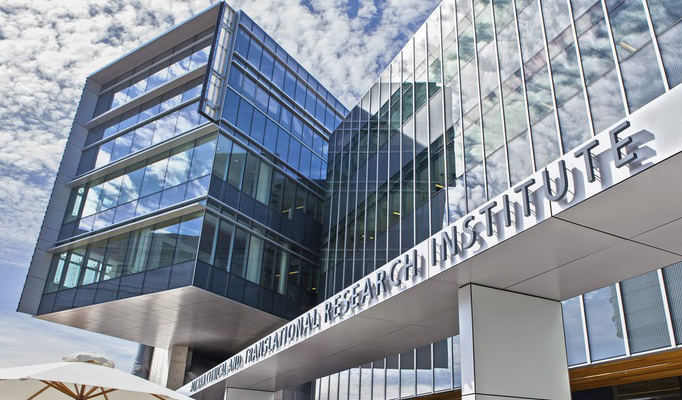Who We Are
 The Alzheimer’s Disease Cooperative Study (ADCS) was founded by the late Leon Thal, MD, a world leader in Alzheimer’s research, to promote the discovery, development, and testing of new drugs for the treatment of AD. It is part of a larger AD research and treatment effort at UC San Diego, which includes the Shiley-Marcos Alzheimer’s Disease Research Center. Studies of AD and other neurodegenerative disorders at UC San Diego are part of the clinical and bench strength of the UC System.
The Alzheimer’s Disease Cooperative Study (ADCS) was founded by the late Leon Thal, MD, a world leader in Alzheimer’s research, to promote the discovery, development, and testing of new drugs for the treatment of AD. It is part of a larger AD research and treatment effort at UC San Diego, which includes the Shiley-Marcos Alzheimer’s Disease Research Center. Studies of AD and other neurodegenerative disorders at UC San Diego are part of the clinical and bench strength of the UC System.
The ADCS was formed in 1991 as a cooperative agreement between the National Institute on Aging (NIA) and the University of California, San Diego. The ADCS is a major initiative for Alzheimer’s disease (AD) clinical studies in the Federal Government, addressing treatments for both cognitive and behavioral symptoms. The ADCS is part of the NIA Division of Neuroscience’s effort to facilitate the discovery, development, and testing of new drugs for the treatment of AD and is part of the Alzheimer’s Disease Prevention Initiative as well.
What We Do
ADCS was developed in response to an urgent need to advance research in the development of drugs that might be useful for treating patients with Alzheimer’s disease (AD), particularly drugs that industries do not develop.

The ADCS focuses its resources and attention to evaluate compounds that will ultimately benefit the well-being of AD patients. It tests agents and novel compounds that individuals, academic institutions, and drug discovery units develop, which lack patent protection, and those that are under patent protection. Furthermore, it inspects compounds under patent protection because they may be useful in treating AD, even though they were marketed for other medical needs.
Our Achievements
Since 1991, the ADCS has initiated 30 research studies (23 drug studies and 7 instrument development protocols) with the majority of studies carried out at 20 or more AD research centers. The number of participants enrolled in these Phase I to Phase III research studies have ranged from 9 to 800 people per study. ADCS studies have generated numerous publications. Some key highlights of ADCS activities include:

